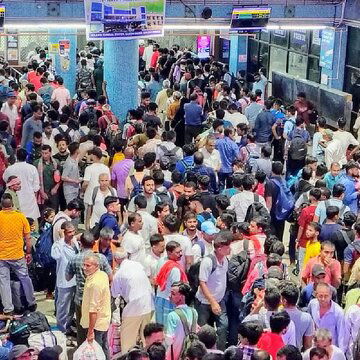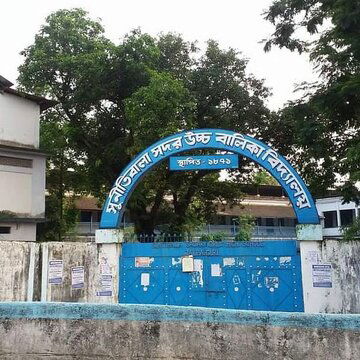Shubham Kumar is about 28 years old and lives in Gopalganj, Bihar. After earning his B.Tech degree, he spent considerable time searching for employment. He was unable to locate a job that paid well. A friend's father 'arranged' for him to work at a software company at this point, paying him one lakh rupees a month.
What’s the catch? It was in Cambodia. This friend's father had taken about one and a half lakh rupees, citing processing fees, agent charges, and other expenses for securing the job with the lucrative salary.
Shubham left Bihar in November 2023 and arrived in Kolkata from Bihar, then from Kolkata he went to Vietnam, where he was allegedly abducted by unknown persons and taken to Sihanoukville, Cambodia, where he was held for a few days and then placed in an illegal call center where he was supposed to be trained for a few days and then sent to a call center where a massive operation of cyber fraud was in place to call and email domestic and international victims.
Meanwhile, not hearing from their son, Shubham's family moved heaven and earth, contacting the police, state administration, and eventually the Ministry of External Affairs. It was then revealed that Shubham, like many others, had been misled into 'cyber slavery'.
Shubham is not alone; statistics show that between January 2022 and May 2024, at least 29,466 individuals who had traveled from India to Cambodia, Thailand, Myanmar, and Vietnam on tourist visas are unaccounted for. Central intelligence suspects that all of these individuals have been lured to these countries under various pretexts and are being held as 'cyber slaves', forced to work against their will.
Intelligence agencies report that young people from various states across the country are traveling abroad in search of employment. They primarily fall into traps set by fraudulent websites or agents while searching for jobs online. Initially, the fraudsters extract substantial sums of money from them under the guise of securing employment. Subsequently, they are taken to these countries, detained, and forced to work like slaves. Cambodia, for instance, has emerged as a major hub for online fraud in the world over the past few years.
Fake call centers have been set up to defraud people primarily from Asia, Europe, Australia, and America, operating from countries like Cambodia, Myanmar, Laos, and Thailand. And it's the youth of our country who are being exploited for this work. Intelligence agencies also suspect the involvement of certain Chinese gangs behind these operations.
In each call center, individuals are made to work for 12-16 hours for minimal wages. Although the central government has managed to repatriate 1,091 people from Cambodia, 770 from Laos, and 497 from Myanmar in the past three years until last December, reports suggest many are still trapped.
Therefore, to avoid falling prey to 'cyber slavery', cybersecurity experts advise using only secure and trustworthy websites and job-hunting agents. Otherwise, anyone can find themselves in grave danger if they fall victim to fraudulent websites or unverified agents without proper scrutiny.











